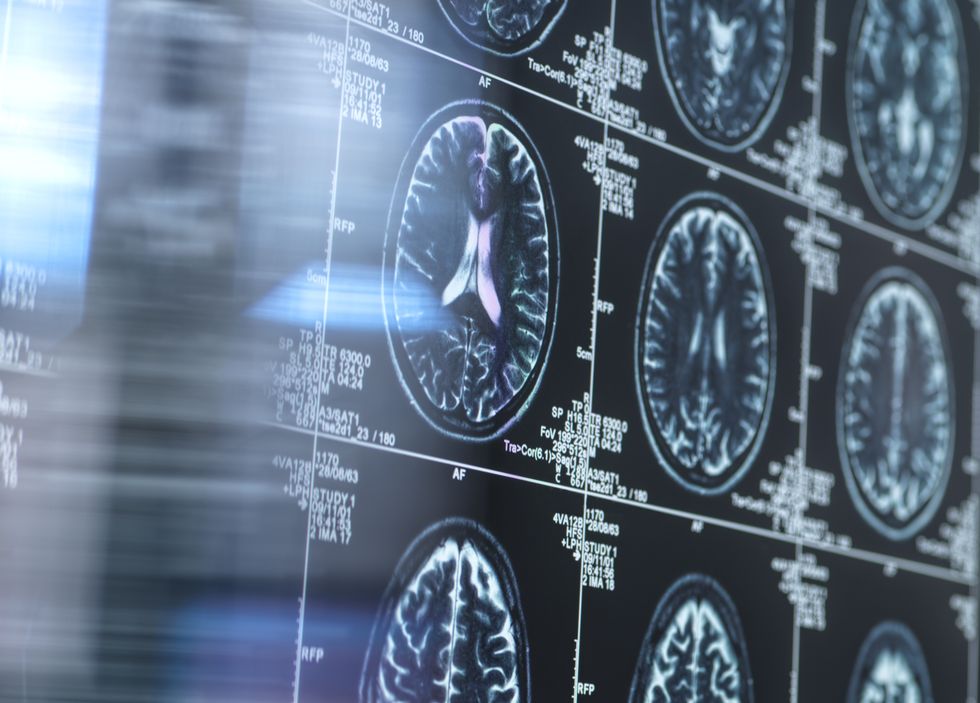Dementia: Common pantry nutrient shown to be 'crucial for brain health' - what to eat
Adding the naturally occurring element to your diet could boost cognitive function, scientists found
Don't Miss
Most Read
A diet packed with copper may help fend off dementia by boosting memory performance and processing speed, new findings suggest.
Researchers found that the nutrient, found in potatoes, whole grains, nuts and beans, acts as an effective defender against dementia, offering particularly pronounced benefits to stroke survivors.
People who incorporated higher levels of the common nutrient into their diets displayed better cognitive function than those who consumed lower levels, researchers in China found.
The findings indicated that 1.22mg of copper every day, which amounts to about two regular-sized potatoes, supported brain health and fended off dementia as you get older.

Copper is found in a multitude of foodstuffs, including whole grains and potatoes
|GETTY
As a result, lead researcher Professor Weiai Jia encouraged everyone, particularly those who had previously suffered from a stroke, to add the nutrient into their diet more often, further declaring that “dietary copper is crucial for brain health”.
The nutrient benefits brain function by boosting iron levels, assisting more oxygenated blood around the body.
Consequently, the study’s authors believe that copper-dense foods could regulate neurotransmitters’ release, which then go on to support centres in the brain, such as memory and learning.
LATEST DEVELOPMENTS
Meanwhile, a lack of copper might drive cognitive deterioration that is symptomatic of dementia, such as trouble speaking, as well as problems associated with rationality.
The authors assessed 2,420 American adults for four years to observe the ways in which dietary copper intake impacted cognitive ability, particularly in cases who have suffered from a stroke in the past.
The cognitive function was recorded by measuring against a range of metrics, with the scientists accounting for various factors including age, sex, alcohol intake and heart disease.
The researchers wrote: “Our findings indicate a potential association between dietary copper intake and enhanced cognitive function in American older adults, particularly among those with a history of stroke.”

A lack of copper might drive cognitive deterioration, the study claimed
|GETTY
However, the link between cognitive function and the naturally occurring element remains complex, and a causal connection has not yet been confirmed as of yet, the scientists wrote, adding that further investigation is needed.
Strokes are known to heighten one’s risk of developing dementia later in life.
In particular, vascular dementia occurs when less blood reaches part of the brain and can result from vessels becoming clogged or a stroke, according to the Stroke Association.
This type of disease is often associated with a stroke of the left hemisphere, affecting judgment, memory, reasoning and other types of thinking.











